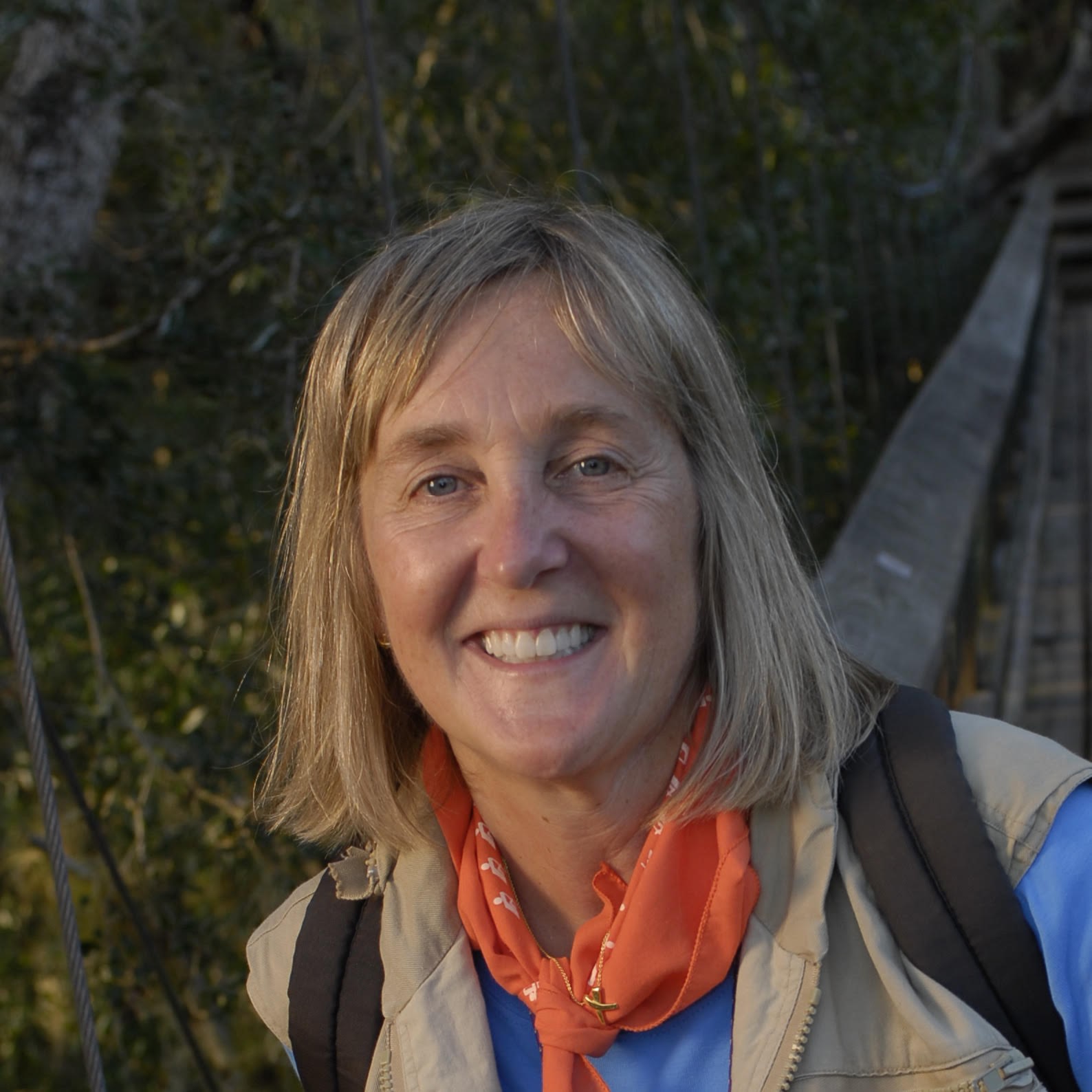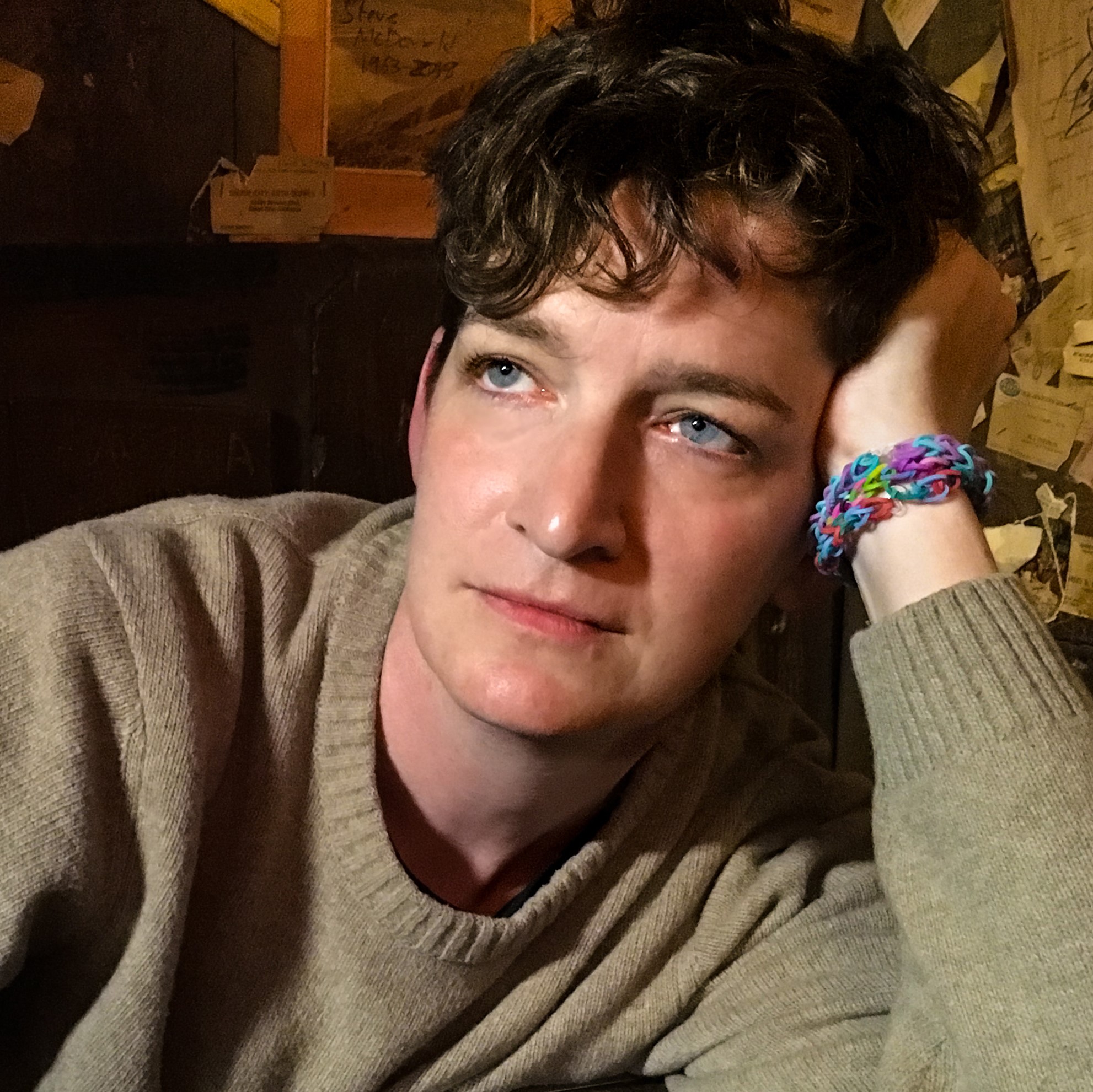
Lisa Kaltenegger
Lisa Kaltenegger
Dr. Lisa Kaltenegger is an award-winning astrophysicist and astrobiologist, Founding Director of the Carl Sagan Institute at Cornell, professor in Astronomy, public speaker, and author of Alien Earths: The Science for Planet Hunting in the Cosmos.
She is a pioneer and world-leading expert in modeling habitable worlds and their light fingerprint. She has spent the last decade finding new ways to spot life in the cosmos. Lisa has been working with NASA and ESA from Austria to the Netherlands, Harvard, Germany, and now Cornell.
Among her international awards are the Invited Discourse lecture at the IAU General Assembly in Hawaii, the Heinz Meier Leibnitz Prize for Physics of Germany, the Doppler Prize for Innovation in Science of Austria, and the Barry-Jones Inauguration Award of the Royal Astrobiology Society and Open University in Britain. Her 2017 review on How to Characterize Habitable Worlds and Signs of Life was selected by Annual Reviews as part a collection celebrating pioneering women scientists.
Smithsonian Magazine recognized Lisa Kaltenegger as one of America’s Young Innovators. TIME Magazine declared her an Innovator to Watch. And now, she stars in the IMAX 3D movie The Search for Life in Space. Lisa Kaltenegger also has an Asteroid, 7734 Kaltenegger, named in her honor.
She speaks at events around the globe. Those include: the Aspen Ideas Festival, TED Youth, World Science Festival, Falling Walls, and STARMUS. Lisa lives with her family in Upstate NY. When she is not trying to find life in the cosmos, she loves reading, traveling, cooking, dancing, and spending time with friends while drinking too much coffee and Earl Grey.
| Book Cover | Details |
|---|---|
|
Hardback
|
"Lisa's breezy narrative style invites you to experience with her the challenges and joys of being a scientist on the frontier of discovery." —Neil deGrasse Tyson, Astrophysicist, American Museum of Natural History
"Horizon-expanding... [Kaltenegger] has something of Sagan’s knack for eliciting wonder." —The Time...Read More
|
- Among the more than 5,500 planets circling other stars, the first ones in the Habitable Zone could be like our own worlds.
- What does it take to find a new world?
- How to read the information encoded in light to characterize a new world
Ten Worlds That Shook Science
- What were the ten exoplanets that were the biggest surprises, and how did they shake our worldview? From worlds covered in lava oceans, to worlds orbiting stellar corpses, to the intriguing worlds next door that might just be like ours, we’ll dive into the ten worlds that shook science.
- Top Ten Things About New Worlds on our Cosmic Horizon: Since the first detection of a planet circling another star about 29 years ago, we have found another world on average every other day! This incredible rate of discovery has revealed some of the secrets of these new worlds—here are the top ten, from lonely wanderers in the cosmos to billions of possible worlds like ours.
Why We Live in a Golden Age of Space Exploration
- We live in a golden era of exploration. With more than 5,500 detected planets circling other stars, our view of the night sky is changing profoundly. We have started on a new epoch of exploration, and the worlds we have discovered so far are only the tip of the iceberg of what is to come, including the discovery whether we are alone or not.
- How do we find these new worlds? From wobbling stars to the slight dimming of a star, the light we catch in our telescopes carries the secret of the cosmos, if you know how to read it.
- The speed limit of light lets us explore the cosmic past and see our universe like when it was young, but that also means, that everything you see on the night sky has already happened. However, this gives you a personal connection to the cosmos, a star that sent out its light the year you were born, arriving tonight.
Solar Eclipses and the Secrets Eclipses Tell About New Worlds on Our Cosmic Horizon
A total solar eclipse will paint a spectacular picture on the sky, where Earth, the moon, and the sun highlight the fascinating dynamics of our cosmos. But eclipses not only reveal the movement of a planetary system but also allow us to explore new worlds and exoplanets circling other stars. Eclipses are revolutionizing our view of the cosmos.
Spaceship Earth (Celebrating Earth Day)
Earth Day, which is celebrated annually on April 22nd, is the largest civic event in the world, with over a billion people participating each year. When we build a spacecraft we meticulously need to make sure that the resources are perfectly recycled and the life support system is perfectly maintained. In this talk, we will walk through such a future spacecraft and then look out of the window and realize that Earth is our gigantic spaceship in the cosmos. A shift in thinking, about Earth as such a spaceship and the biosphere as the life support system, will help us protect our beautiful planet.
Where are the Aliens?: The Thousand Ways That Earth Has Blown Its Cover
- Searching for life in the cosmos demands the questions—where would we be the aliens? Which places in the cosmos have just the perfect spot to find us? And is there a time limit to spotting other worlds before they again disappear from our view? Here we answer both questions and the answers are surprising—disclaimer, you might feel watched…
- How we find new worlds
- How the speed limit of light allows us to decipher the history of the cosmos
- How to identify the stars that could see Earth as an alien world
Could Your Favorite Science Fiction World Be Real?
- From outrunning the sunrise on Crematoria in The Chronicles of Riddick movie, Water Worlds, to watching the sunset under two stars on Tatooine in Star Wars, science fiction is full of fantastic worlds. Could some of them be real? And are there even stranger worlds science fiction has not even thought about yet?
- Let’s talk about planets circling other stars that are even stranger worlds that science fiction has not even thought about yet.
- How do we find these worlds and how do we know anything about them?
Practical Tips for Everyone From a Unicorn/Woman in Science
How not making copies the first time you are in an engineering meeting, to being able to drink terrible coffee sometimes, just allows you to make a bit more space for your ideas in an environment that is not used to you speaking up.

“Carl Sagan Medal awarded to astronomer Lisa Kaltenegger”
![]()
“‘Alien Earths’ Review: Too Hot, Too Cold, Just Right”
“Earth 2.0 Could Be Just Around the Corner”


“Earth? Really? On Why Aliens Would Probably Skip Visiting Our Planet”
![]()
“She Dreams of Pink Planets and Alien Dinosaurs”

“Alien Earths: How to find habitable worlds in our galaxy”

“A pioneering astronomer’s hunt for alien worlds (just one will do)”

“I’m an ex-NASA scientist – these are the planets where alien life really could exist”
![]()
“A deep dive into one of science’s great unknowns: Extraterrestrial life”.

“Discovering the First Other Earths”

“Astronomers Are Keeping a Close Watch on the Next Star Over.”

“Could alien astronomers have spotted Earth?”
![]()
“Is Earth the only living planet?”
![]()
“Alien Earths by Lisa Kaltenegger review — why ET might be out there”
![]()
“Alien Earths — fascinating adventures in the cosmos”

“New book gives insider’s view of cosmic search for life”
![]()
“Book Review: The Enduring Allure of Alien Worlds”

“The Space Review: Alien Earths”
“Cool Words Lab: #12 Lisa Kaltenegger – Alien Earths, Astrobiology Controversies, Frequency of Life”

“Something You Should Know: The Changing Threat of Cyber Crime & The Search for Life in the Cosmos”


Into the Impossible with Brian Keating: “Aliens are Out There! Lisa Kaltenegger”

NPR Morning Edition: “Alien Planet-Hunters In Hundreds Of Nearby Star Systems Could Spot Earth”
![]()
“A Dream of Discovering Alien Life Finds New Hope.”
Clear+Vivid with Alan Alda: “Lisa Kaltenegger: Looking for Life on Other Earths”
Alien Earths featured in book lists from major media outlets and retailers including: Fiancial Times: Best Summer Books, Christian Science Monitor: Best New April Books, THE TIMES (UK): Best Summer Books, NEW SCIENTIST: Best Science Nonfiction, and NATURE (UK): Best Science Books, Literary Hub new book roundup, BookRiot: new book roundup, Daily Kos: new book roundup, Christian Science Monitor: new book roundup, and Longreads: roundup inclusion
Find Lisa Kaltenegger on Instagram, Facebook, X (Twitter), and YouTube.
“Professor Lisa Kaltenegger appeared with us for the 12th gathering of The Nantucket Project where she wowed the audience with her ideas and presentation. Over 500 people went on a wild ride to the cosmos, dreamed of possibilities both finite and infinite, and were brought back down to Earth with a healthy dose of humanity as we learned from and laughed with Lisa…It was exactly what was needed for the gathering – a chance to imagine together and feel our tiny place in the universe as both a spec of cosmic existence and one with colossal meaning to each other. She left us feeling inspired to meet some intergalactic neighbors one day, and to recall the importance of our own human neighbors at home too. She was fantastic!”
— David Kuhn, The Nantucket Project
“We invited Lisa Kaltenegger for the Benjamin Dean Astronomy Lecture Series at Morrison Planetarium and the California Academy of Sciences, and it was a distinct pleasure to collaborate with Lisa to craft a unique, immersive audio-visual experience driven by her data and storytelling. Lisa is a thoughtful and engaging speaker, with an evocative, enthusiastic delivery that invites the audience to feel her passion for research at the frontiers of science. Her careful explanations make complex concepts easily understandable, inviting audiences along for the excitement of the science. She brings an infectious optimism to the search for habitable Earth-like planets and the possibility of discovering life elsewhere in the Universe, while also presenting the questions of the unknown with intrigue for the vastness of possibility.”
— Dan Tell, Planetarium Engineering Manager, California Academy of Sciences
“Lisa is an engaging, witty, and warm presenter who tunes her presentation to match the needs of her audience. She presents cutting-edge science in a truly accessible fashion, connecting with people and making her content clear and tangible. For the Morrison Planetarium Dean Lecture, she also took the plunge to work with digital artists and data visualizers to create immersive imagery for her presentation, which is not only a great treat for our audiences but also supports learning and clear communication in the planetarium. Not every scientist is as willing to collaborate as Lisa, and our team enjoyed the experience.”
— Ryan Wyatt, Senior Director, Morrison Planetarium and Science Visualization
Praise for Alien Earths
“A stellar exploration … Readers will be riveted.”
— Publishers Weekly, starred review
“[Alien Earths] is an excursion that turns the esoteric field of stellar cartography into an engaging and entertaining story. … Kaltenegger clearly loves her subject and often injects flashes of dry wit and personal experience. … absorbing, informative, and entertaining.”
— Kirkus Reviews, starred review
“Exquisite book is for all who have peered into the night sky pondering the mysteries of the universe … a mind-bending journey.”
— Booklist, starred review
“Eloquent … Science and space enthusiasts will revel in this journey through the cosmos. They will undoubtedly learn novel information along the way.”
— Library Journal
“In Alien Earths, Lisa Kaltenegger, a skillful educator, offers first-hand access to her expertise on the search for planets in the universe, and the life they may contain. Along the way, Lisa’s breezy narrative style invites you to experience with her the challenges and joys of being a scientist on the frontier of discovery.”
— Neil deGrasse Tyson, Astrophysicist, American Museum of Natural History
“If you’ve ever wondered if we’re alone in the cosmos— and Dr. Kaltenegger is certain you have, start with Alien Earths. With her combined degrees in astronomy and engineering, she presents a primer on the geology, physics, chemistry, biology, and ultimately mathematics of places just like Earth— which she sets about seeking every (Earth) day. She’ll show you; the answer is in the sky, our window on the cosmos. Read on!”
— Bill Nye, CEO, The Planetary Society (and former student of Carl Sagan)Other Speakers
Author, Explorer, Scientist, Arbornaut




